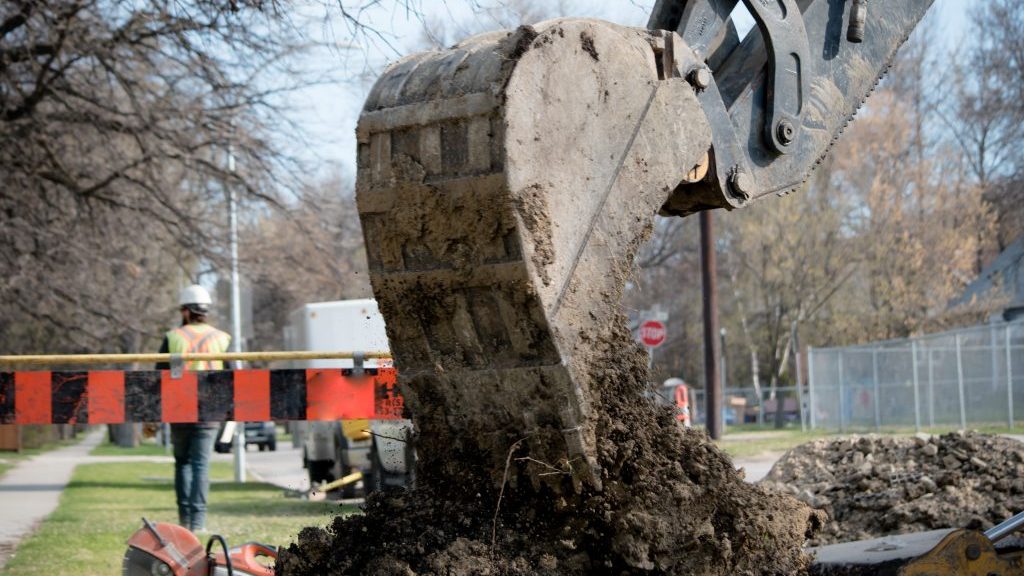ssiguy2
Senior Member
REM will be a huge success which RER will not be because REM will be accessible to all. REM will cost the same amount per km as will the current Metro & buses while RER is horribly expensive which is made even more grotesque by the fact that it doesn even have basic fare integration. RER can run every 2 minutes if it wants to but for a huge swath of the population, it will be nothing more than a luxury liner going by which their taxes paid for yet they cannot use. When it comes to transit people are VERY price sensitive which is something that seems to escape the mandarins at Metrolinx.





